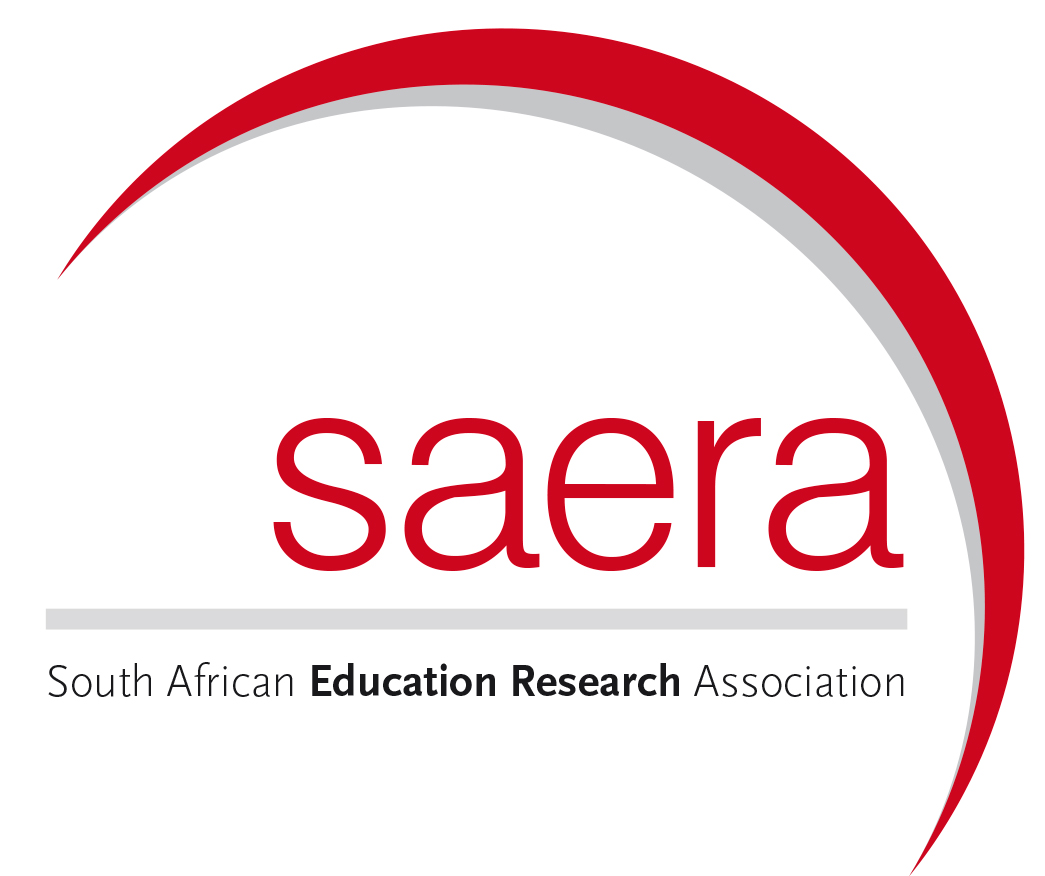Original Research
A linguistic evaluation of the South African higher education sector: A reflection on 30 years of democracy (1994–2024)
Submitted: 05 November 2023 | Published: 26 April 2024
About the author(s)
Tebogo J. Rakgogo, Department of Applied Languages, Faculty of Humanities, Tshwane University of Technology, Pretoria, South AfricaAbstract
The core objective of this article is to evaluate the progress made in linguistic development over the past three decades, with a specific focus on the role of language and its philosophical underpinnings in reshaping and decolonising South African higher education landscape. Linguistic imperialism as a conceptual framework alongside the Framework for Policy Analysis were employed to inform, guide and support the author’s contention that linguistic hegemony is still dominating the discourse within the higher education sector. The research adopts a qualitative approach, utilising content analysis for data analysis purposes. The findings of the article reveal that despite 30 years of democracy, the influence of colonial-era language philosophy and western epistemologies persists. It is suggested that comprehensive implementation of language policies could effectively address the transformation and decolonisation agenda. It further advocates for alignment between policy and practice through pragmatic, intentional and transformative initiatives aimed at identifying, interrogating and disrupting the coloniality of power and its western epistemologies, as far as language policy and practice are concerned. In conclusion, the article emphasises the urgent need to counteract existing linguistic imperialism and hegemony embedded within colonial knowledge systems by enacting transformative policies that will prioritise student access, success, linguistic diversity, linguistic justice, epistemic justice and social cohesion within the framework of higher education.
Contribution: The aim is to provide guidance to language policy implementers in South African universities by offering an overview of the linguistic advancements achieved between 1994 to 2024.
Keywords
Sustainable Development Goal
Metrics
Total abstract views: 892Total article views: 511
